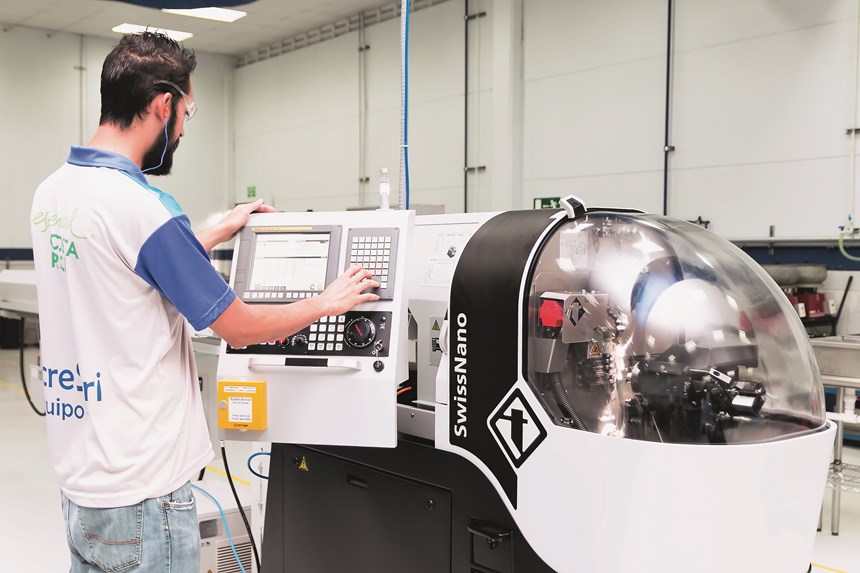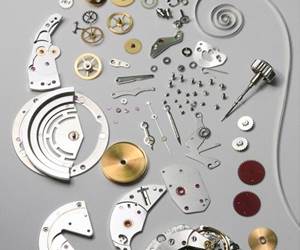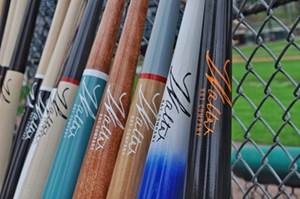Swiss-Type Lathe Helps Medical Shop Achieve Higher Precision
After the investment was made in a new Swiss-type lathe, not only was this company management’s expectations exceeded by the machine’s performance and efficiency, but the lathe is now included in plans for future applications.
Landing new projects for a machine shop is exciting, but new jobs often call for capabilities that some shops do not have. When this happens, shop management is faced with finding another shop that can do the work or purchasing new equipment to satisfy customer demands. Okay Industries, in Alajuela, Costa Rica, recently won two jobs that required the shop to make that decision. Looking into the future, management chose a new equipment investment. After the investment was made in a new Swiss-type lathe, not only was the company management’s expectations exceeded by the machine’s performance and efficiency, but the lathe is now included in plans for future applications.
Okay Industries launched in 2012 as a medical precision components manufacturer that uses multi-axis CNC machine tools, Swiss-type turning, die-sinking, wire EDM and general machining. Materials used include stainless steels, implantable titanium and nitinol. The company, which employs 65 people, also specializes in automotive, defense/firearms and industrial applications.
When the company won the job of producing a 1.5 mm × 1.5 mm medical device used in breast cancer surgery, Mario Chaves, general manager at Okay, realized that he needed to take the precision manufacturing expertise to a new level with a new high-precision Swiss-type lathe.
Already experienced and impressed with its Swiss GT 26 from Tornos Technologies, which cut the shop’s cycle times on specific parts by more than 50 percent, it was natural for Mr. Chaves to turn to Tornos in his quest to invest in new equipment.
Mr. Chaves visited Tornos’ headquarters in Switzerland to commission the SwissNano Swiss-type lathe, and then worked with his local Tornos distributor in Central America, Mayprod, to implement the machine at Okay Industries. This investment made Okay the first manufacturer in Latin America to own a SwissNano, which machines parts up to 4 mm diameter and smaller.
“The SwissNano has exceeded our expectations by demonstrating very good stability on the required part dimensions,” Mr. Chaves says. “In our first part runs on the lathe, the results were impressive, with virtually no variation between the first part and the 200th part.”
The TISIS programming software, Tornos’ Industry 4.0 portal, addresses and improves the human element of manufacturing, he says, and that is important to him. “One of the chief reasons I joined the Okay Industries family was President Jason Howey’s focus on and interest in people,” Mr. Chaves says. “We are keeping pace with the big trends influencing medical component manufacturing. Parts are becoming smaller and customers are requiring more solutions. We want to be the partner who can provide the best end results with the best price and technologies,” he says.
With this goal in mind, Mr. Chaves is already imagining the machine’s potential for other applications. “In the perfect scenario, we will have some additional capacity with this machine to win more high-precision projects.”
He also sees a bright future for Okay Industries by continuing to collaborate with Tornos. “There are a lot of opportunities for Tornos and our company. In fact, when we were at Tornos’ headquarters, I was very impressed with the MultiSwiss (a machine that combines the sliding headstock advantages of a Swiss with the production capabilities of a multi-spindle),” he says. “I can picture this machine on our workshop floor, but I don’t have a project yet to justify the purchase; although, we are looking for one.”
Meanwhile, its new Swiss-type lathe helps keep Okay Industries’ manufacturing on track to keep pace with the medical industry’s demands for smaller parts with outstanding precision while still being competitively priced in the market.
Okay Industries, okayind.com
Related Content
Keeping Watch on Small Parts
From watch parts to exotic medical applications, this shop takes on the world of micromachining.
Read MoreVideo: Why a Production Machine Shop Started a Baseball Bat Company
A 153-year-old manufacturer of precision, metal pins recently started a side business creating custom wooden baseball bats. The reasoning behind establishing this new company is intriguing, as is how it has helped create a stronger bond with the local community.
Read MoreChoosing the Right Machine for Turned and Milled Medical Parts
The medical market is known for exceptionally tight tolerances and difficult materials, which means that selecting the proper machine is necessary to ensure a job is profitable.
Read MoreCAM-Driven Lathe Questions
There can be hidden issues using legacy cam-driven lathes that can be overcome using new CNC technology. Here are three to keep in mind.
Read MoreRead Next
CNC Swiss Delivers in Many Ways
Designed to efficiently process long, slender parts for the watch industry, the Swiss-type screw machine has evolved well beyond its original application niche.
Read MoreSeeing Automated Workpiece Measurement in Real Time
User-friendly inspection software for CNC machining centers was shown at IMTS 2024 monitoring measurements between and after machining while performing SPC based on recorded measurement values.
Read MoreA Tooling Workshop Worth a Visit
Marubeni Citizen-Cincom’s tooling and accessory workshop offers a chance to learn more about ancillary devices that can boost machining efficiency and capability.
Read More










.jpg;maxWidth=300;quality=90)













